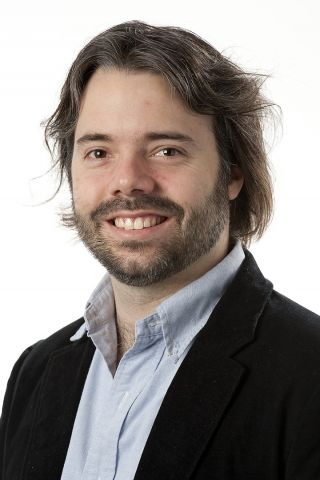ARMI to lead research for international company
The Australian branch of Cell Mogrify, a company that drastically reduces the time it takes to reprogram cells, is run by A/Prof Jose Polo, Associate Professor and group leader at ARMI.
In 2006, Japanese researchers stunned the world by showing that mature cells could be reprogrammed to become induced pluripotent stem cells, which could then, in turn, become any tissue in the body.
It was a discovery that won the team a Nobel Prize, and with good reason. Being able to reprogram cell types could have significant clinical possibilities for a broad spectrum of medical conditions.
However, there was one problem with this type of research – it took a very long time. Finding the right factors and conditions to reprogram cells could take as long as five years, but a solution was not far off the horizon.

Together with his team at the University of Bristol, Professor of Bioinformatics, Julian Gough and PhD student Owen Rackham (who is now an Assistant Professor at Duke-NUS, Singapore), created an algorithm that helped calculate the combination of proteins necessary to activate the right gene. The theory being that it would cut down the process time significantly. However, this method needed to be tested. That’s where Associate Jose Polo’s Group at ARMI join this effort, led by another PhD student Jaber Firas, they tested and refined the algorithm giving rise to a four-month discovery timeframe.
“The discovery has opened up a whole new world to the practice of regenerative medicine. I am very hopeful that the research being conducted could have real world applications and be the solution or part solution to some diseases,” A/Prof Polo said.
A/Prof Jose Polo has helped create an agreement with the UK company, Cell Mogrify, which hopes to commercialise on reprogramming cells at an accelerated rate and will do the primary research at Monash University. At the moment Cell Mogrify employs a research fellow and a research scientist and will soon fund a PhD scholarship through a program with ARMI and different players from the nascent regenerative medicine industry.
With a second round of funding soon and the right to commercialise this research, the future looks promising for Cell Mogrify, which could put ARMI in an advantageous position on the world stage.
